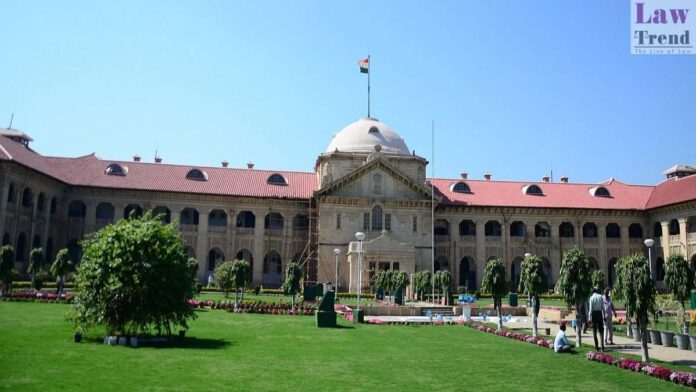In a landmark judgment, the Allahabad High Court, comprising Justice Vivek Kumar Birla and Justice Arun Kumar Singh Deshwal, ruled that mere membership in a gang without active involvement in criminal activities does not justify punishment under the Uttar Pradesh Gangsters and Anti-Social Activities (Prevention) Act, 1986. The court quashed the FIR against Sukarmpal @
To Read More Please Subscribe to VIP Membership for Unlimited Access to All the Articles, Download Available Copies of Judgments/Order, Acess to Central/State Bare Acts, Advertisement Free Content, Access to More than 4000 Legal Drafts( Readymade Editable Formats of Suits, Petitions, Writs, Legal Notices, Divorce Petitions, 138 Notices, Bail Applications etc.) in Hindi and English.




